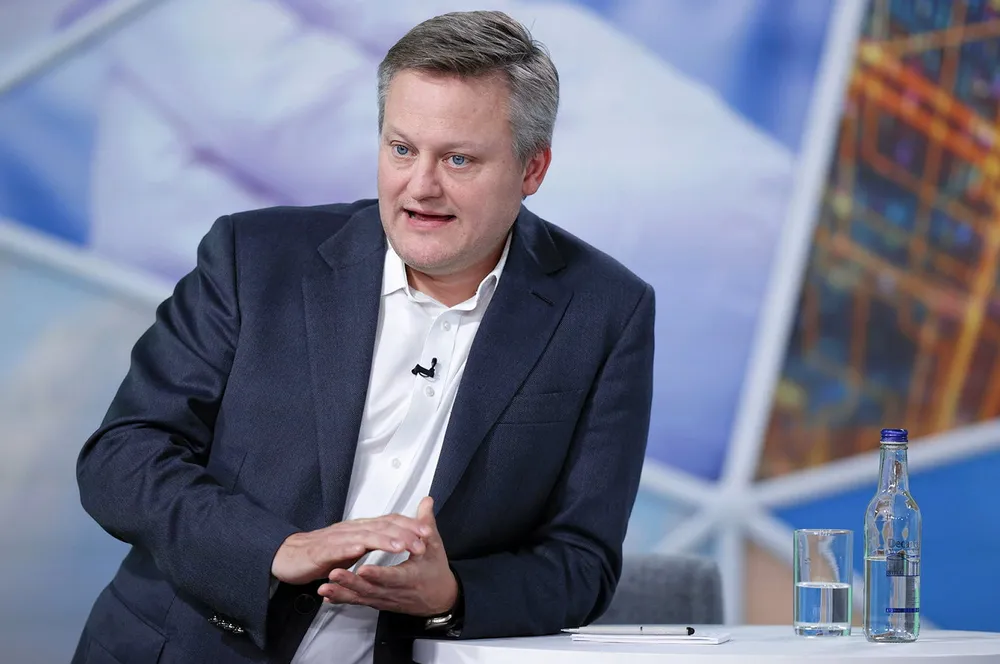BP ditches key energy transition pledge as green shift blurs: report
CEO Auchincloss said to be preparing February launch for updated strategy, but offshore wind chief stresses oil giant's 10GW pipeline

BP has reportedly dropped a targeted 25% reduction in crude oil production by the end of the current decade, in what would be a significant retreat away from the company's flagship energy transition strategy announced in 2020.
Back then, former CEO Bernard Looney vowed that the company would allow its oil production to decline 40% by 2030 and invest heavily in renewables for an alternative source of revenue, promising investors a return on capital of 8-10% from clean energy.
A strategy of shifting investments from oil to renewables fell out of favour with investors when Russia’s war on Ukraine resulted in windfall profits for oil and gas companies. Simultaneously, spiraling supply chain inflation and a cycle of higher interest rates made offshore wind a less attractive proposition.
In February, under current CEO Murray Auchincloss, BP reduced its targeted reduction in crude output to 25% and told the markets it had become more selective toward renewables investments.
The acquisition of two North Sea sites with total capacity of 4GW in Germany’s 2023 offshore wind tender was geared toward integrated internal value drivers, such as decarbonising hydrogen production in refining, and steered clear of any merchant risk.
Under Auchincloss the company has stuck to its target for net zero emissions by 2050 but has focused more on internal decarbonisation and internal value chains, while promising a “more focused, and higher value company".
BP still stood out as the only major oil company to commit to actually reducing crude output as part of its plan to reach net zero emissions by 2030.
With market scrutiny focusing relentlessly on value comparisons with BP's big oil and gas peers, speculation had already been mounting that the commitment to reduce oil output by 2030 will go, and that the retrench will set the dial further away from renewables investment.
Still in the game?
BP has arguably remained more committed than some rivals when it comes to offshore wind and other renewables.
Over the last year, for example, BP acquired full control of its solar power joint venture Lightsource BP and upped its stake in its Brazilian biofuel business Bunge.
Taking part in the recent WindEnergy Hamburg event, BP’s senior vice-president for offshore wind Matthias Bausenwein told his audience it was a mistaken perception to see BP as bowing out of offshore wind. “We have an offshore wind pipeline of 10GW,” he said.